

Updated: July 1st, 2024 Source: suse.edu.cn
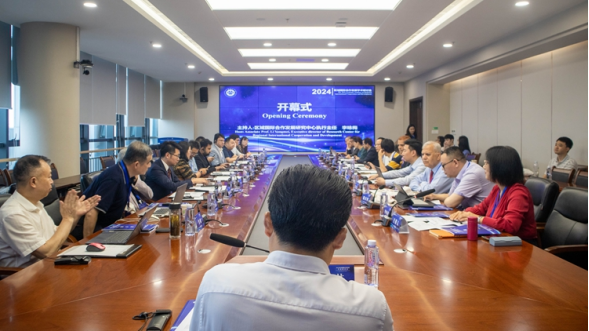
The 2024 Academic Seminar on Regional International Cooperation and Development was grandly held on June 28 at Li Baihe Campus of SUSE. The seminar was hosted by Sichuan University of Science & Engineering and organized by the Regional International Cooperation and Development Research Center. Its purpose was to bring together experts and scholars in the field to share their insights on scientific research outcomes and advancements, creating a platform for exchanging cutting-edge research findings. The seminar particularly focused on the latest developments in political economy, culture and education, and technological innovation between China and its neighboring countries and regions. Over 50 experts and scholars from countries such as China, Pakistan, Nepal, India, Thailand, Vietnam, and Saudi Arabia participated in this grand event. The seminar was chaired by Li Yongmei, Executive Director of the Regional International Cooperation and Development Research Center.
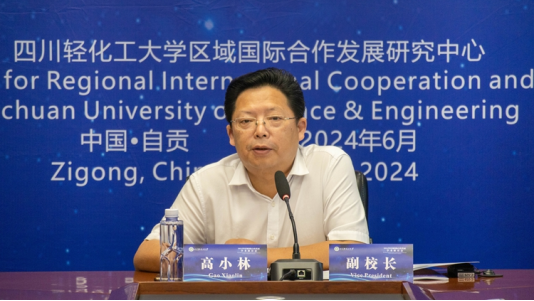
In the opening speech, vice President Gao Xiaolin elaborated on the significant achievements SUSE has made in promoting transformational development in recent years. Gao pointed out that the world today faces numerous challenges, with one of the most critical issues being the gap between people's hearts and minds. To address this, he emphasized the importance of actively advocating and promoting cultural exchanges and academic cooperation. Through these efforts, we can bridge the emotional distance between nations, enhance mutual friendship, and jointly build a community with a shared future for humanity. He also stressed that the purpose of this academic seminar was to provide a platform for intellectual exchange and the convergence of wisdom, with the hope that academic efforts would help innovate and advance international relations theories in the new era.
The seminar then proceeded to the keynote speeches. This seminar was divided into four stages, each hosted by renowned experts: Zhou Rong, Senior Research Fellow at the Chongyang Institute for Financial Studies, Renmin University of China; Huang Dekai, Associate Professor at Yibin Vocational and Technical College; Chen Jixiang, Deputy Director of the India Research Center at the Sichuan Academy of Social Sciences; and Wang Rui, Deputy Director of the Regional International Cooperation and Development Research Center at Sichuan University of Science & Engineering. A total of 21 distinguished experts and scholars delivered keynote speeches, both online and offline.
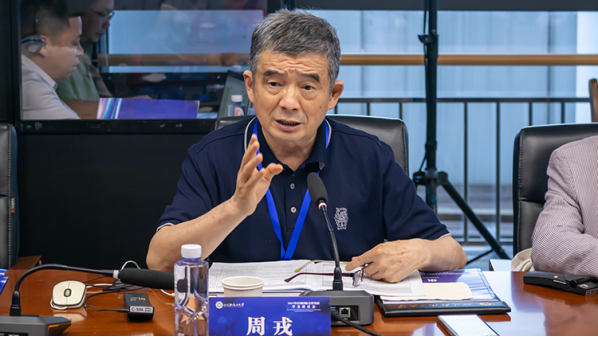
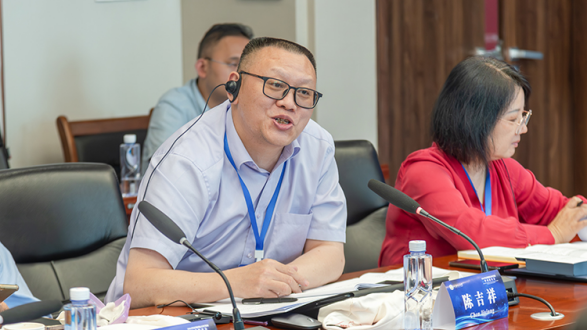
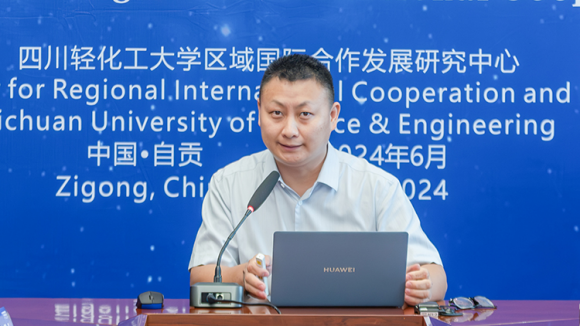
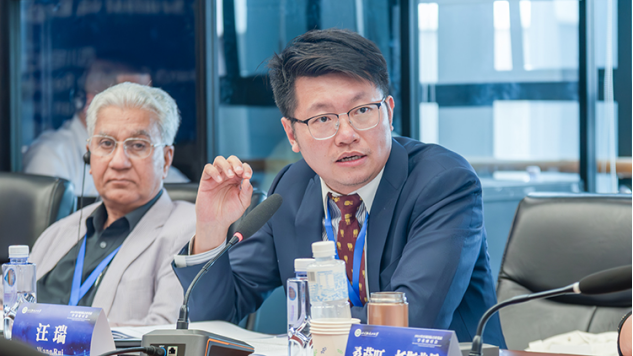
At this seminar, the attending experts and scholars presented their research findings with a rigorous attitude and professional perspectives. Lou Chunhao, Executive Director and Researcher at the South Asia Institute of the China Institute of Contemporary International Relations, delivered a keynote speech titled “The Enlightenment of Chinese-style Modernization to the Modernization of South Asian Countries.” He thoroughly analyzed the implications of China’s modernization process for South Asian nations. Zhou Rong, Senior Research Fellow at the Chongyang Institute for Financial Studies, Renmin University of China, presented a detailed report on the security risks in Pakistan and the measures to strengthen the safety of Chinese projects and personnel. He discussed new opportunities for China-Pakistan counterterrorism cooperation and the potential for mutual benefit and win-win outcomes. Zamir Ahmed Awan, Founder of the Pakistan Global Silk Road Research Alliance, explored the importance of geopolitical strategy and regional peace and stability, based on China’s commitment to building a peaceful narrative structure and its cooperation vision with Pakistan. Dr. Sangsawang Thospron, Doctoral Supervisor at the Royal Thai Polytechnic University, gave a special report on “International Education Regional Empowerment and Mutually Beneficial Technology.” He emphasized the significance of international educational cooperation and technological mutual benefit.
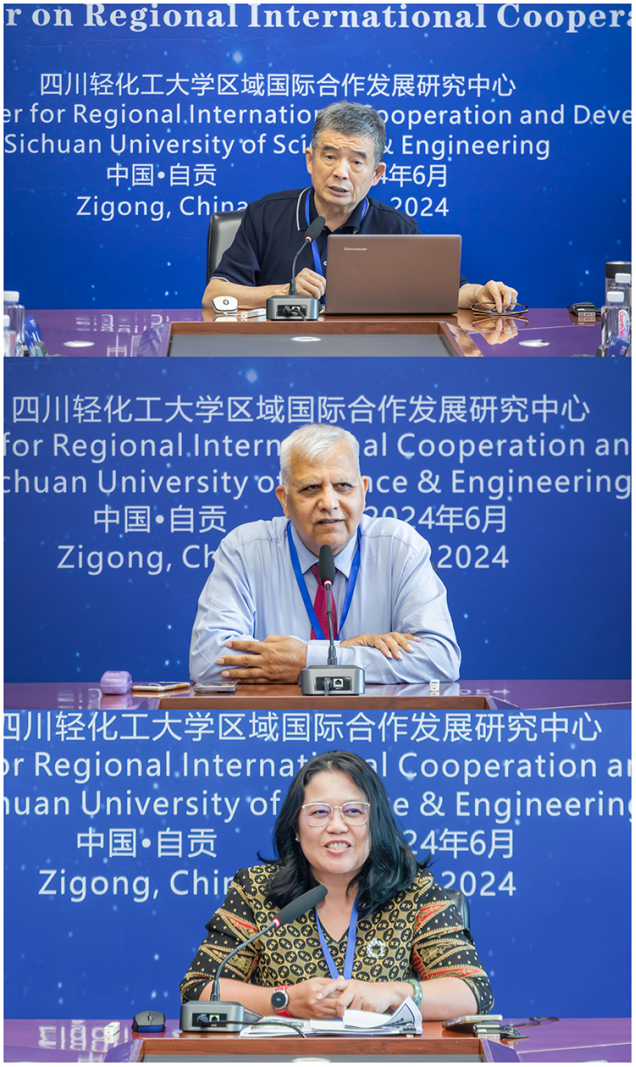
In addition, other experts and scholars at the conference delivered insightful speeches on a wide range of topics, including regional peace and stability, educational cooperation, cultural exchange, technological competition, and international cooperation in rail transit technology.
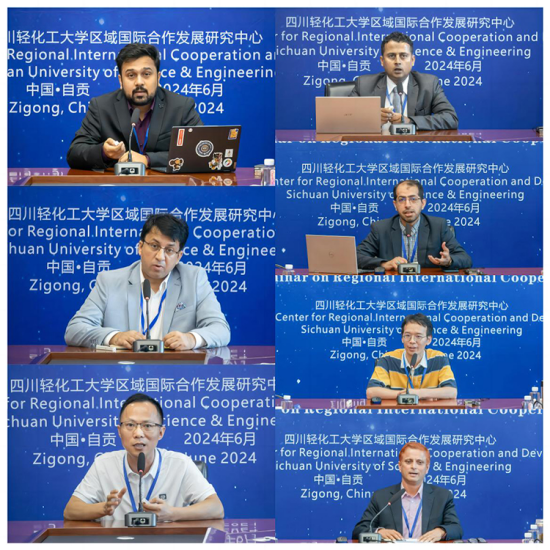
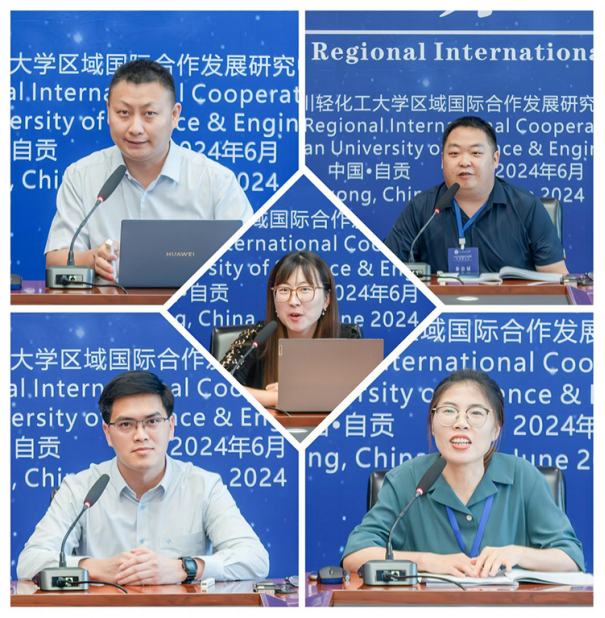
At the closing ceremony, Professor Wu Bin, Assistant to the President of Sichuan University Jinjiang College, delivered a thoughtful and rational concluding speech. He first expressed his sincere gratitude to the experts and scholars for their active participation, hard work, and strong support. He emphasized that the experts and scholars, combining practical concerns with rational thinking, engaged in insightful dialogues by refining and responding to issues, offering strategic recommendations, deepening mutual understanding and communication, and enhancing the level of regional cooperation development research. Their contributions provided intellectual support for regional political mutual trust, economic development, cultural exchange, and technological cooperation, and played a significant role in promoting regional international cooperation and shared development.
In closing, Professor Wu extended his heartfelt respect to all the experts and scholars who participated in the seminar. He noted that the success of the event was made possible by everyone's collective effort and intellectual exchange. Every brilliant speech and every profound thought will serve as an important force in promoting cooperation and communication between regions and in achieving sustainable development.
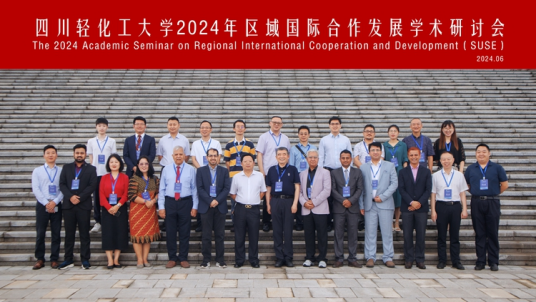
This academic seminar was both content-rich and in-depth. It not only systematically analyzed the relationships between various countries in the context of the current global landscape but also provided a detailed discussion on the various challenges and potential risks we face. The experts in attendance offered unique insights, and the exchange of ideas among them sparked many constructive new thoughts. These discussions have provided valuable references and inspiration for future regional international studies.
